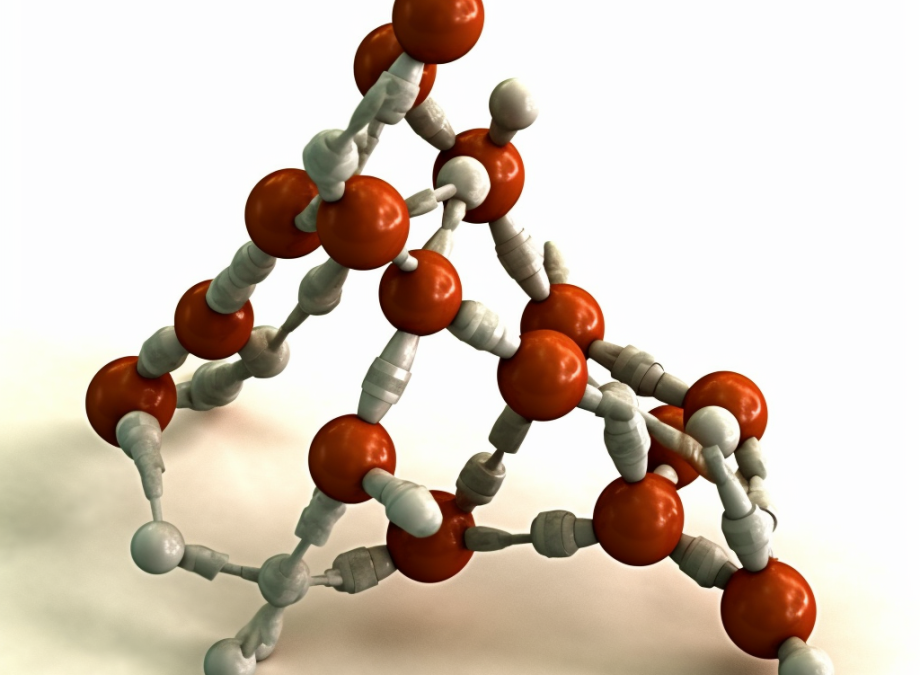
Adenosine is a fundamental compound found in every living organism and is crucial for the structure of nucleic acids, storage, and expression of genetic information. It plays an important role in various biochemical reactions. For instance, doctors may administer pharmaceutical-grade adenosine to help restore a patient’s heart rhythm back to normal.
In recent years, adenosine has gained popularity as an effective skincare ingredient with evidence that it can contribute to a more youthful, radiant, and smoother appearance of the skin.
While adenosine naturally occurs in the body, manufacturers extract it from yeast and add it in small concentrations into different skincare products like toners, serums, eye creams, masks, and moisturizers. In its raw form, adenosine appears as a white, crystalline powder.
Since the skin has many adenosine receptors, when it is applied topically, it carries a lot of positive effects, such as anti-aging, soothing, healing, and restoring properties.
Adenosine effectively reduces wrinkles by increasing collagen synthesis and improving skin moisture. Additionally, it stimulates fibroblasts in the skin, which are known for the secretion of collagen proteins and help with wound healing.
Adenosine also exhibits anti-inflammatory properties and regulates the body’s inflammatory responses by inhibiting immune cells, such as neutrophils and macrophages, from causing inflammation-induced tissue damage.
As the skin ages, collagen production decreases. Factors like free radicals, ultraviolet (UV) exposure, and aging degrade collagen proteins. Adenosine’s ability to stimulate collagen formation can help to strengthen the skin, restore its elasticity, and improve hydration.
Overall, adenosine is well-tolerated by the majority of people even individuals with sensitive skin and is safe to use on a daily basis.



